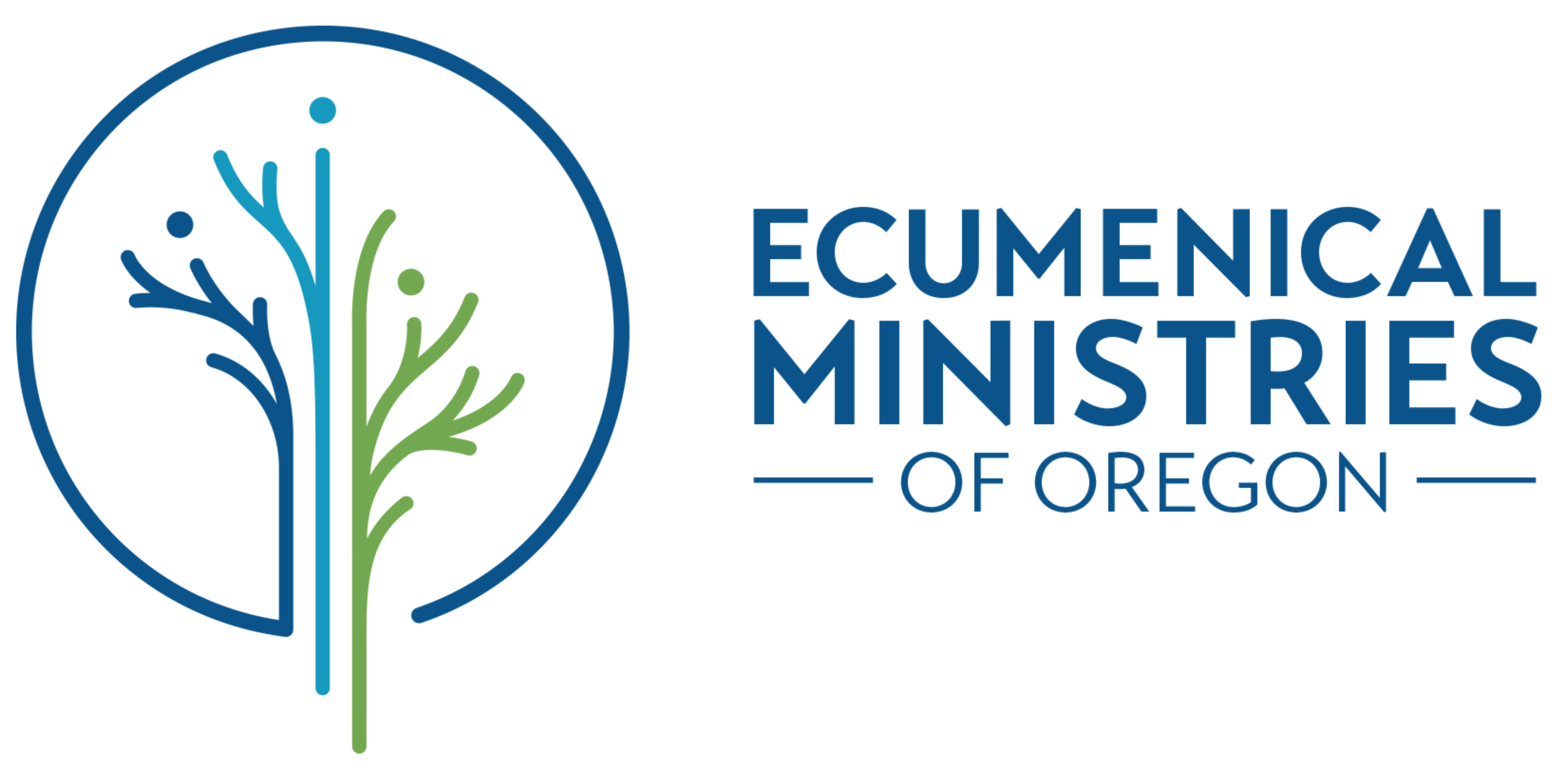Русская орегонская социальная служба оказывает помощь русскоговорящим людям, пострадавшим от домашнего или сексуального насилия, проживающим в Орегоне и на юго-западе штата Вашингтон.
Наша задача - повышение информированности людей о проблеме домашнего и сексуального насилия, а также оказание помощи пострадавшим, защита их интересов и предоставление информации, необходимой при принятии жизненно-важных решений. Эта работа направлена на укрепление семьи и осуществляется путем проведения образовательных мероприятий, привлечения поддержки со стороны партнерских организаций и оказания непосредственной помощи пострадавшим с учетом особенностей культуры, традиций и обычаев. Наша цель - изменение отношения русскоговорящего населения к проблеме домашнего насилия и людям, пострадавшим от него, что в конечном счете приведет к уменьшению числа случаев домашнего насилия и укреплению семей. Оказываемые нами услуги доступны и основаны на уважении к людям, обращающимся к нам за помощью, а также заботе об их безопасности и конфиденциальности.
"12 ГЛУПЫХ ВОПРОСОВ ЖЕРТВЕ ДОМАШНЕГО НАСИЛИЯ"
Рассказать о домашнем насилии в своей семье — поступок очень смелого человека. Общество и окружение нередко тут же забрасывает таких людей — статистически это почти всегда женщины — неоригинальными в своей невежественности вопросами: «Как вы таких находите?», «Где были твои глаза?», «Почему ты сразу не ушла?», «Может, тебе это нравилось?».
Это явление известно под названием «виктимблейминг», то есть обвинение жертвы. Людям хотелось бы верить, что с «хорошими» и «правильными» женщинами просто не происходит подобных вещей. Эта точка зрения очень наивна: беда может случиться со всеми.
Наша коллега, сотрудница Slavic Oregon Social Services Ольга Щербакова, согласилась ответить на 12 подобных вопросов и рассказать историю своего первого брака, который обернулся несколькими годами абьюза.
Если вы знаете кого-то, кому нужна помощь, напишите нам в соцсетях на странице Slavic Oregon Social Services или позвоните по телефону: (503) 777-3437
Режисура, съёмки и монтаж: Александра Обманец
Помощь в проведении съёмок: Екатерина Козачук, Тимур Холов и Slavic Family Media Center
Мы оказываем следующие услуги пострадавшим от домашнего или сексуального насилия:
- Информирование по вопросам домашнего и сексуального насилия и его профилактике
- Круглосуточная кризисная линия и помощь в кризисных ситуациях
- Индивидуальная поддержка и планирование личной безопасности
- Помощь в получении защитных ордеров и заполнении форм и документов
- Сопровождение в больницу для медицинской экспертизы
- Помощь при общении с представителями правоохранительных и других ведомств
- Сопровождение в суд
- Содействие в получении доступных услуг адвокатов по иммиграционному и семейному праву
- Направление на бесплатные консультации с русскоязычным психологом
- Помощь жертвам преступления в заполнении заявления на получении материальной компенсации
- Помощь в подаче заявления на получение социальных пособий
- Группы поддержки
- Программа наставников
- Содействие в получении временного жилья
- Оказание переводческих услуг
